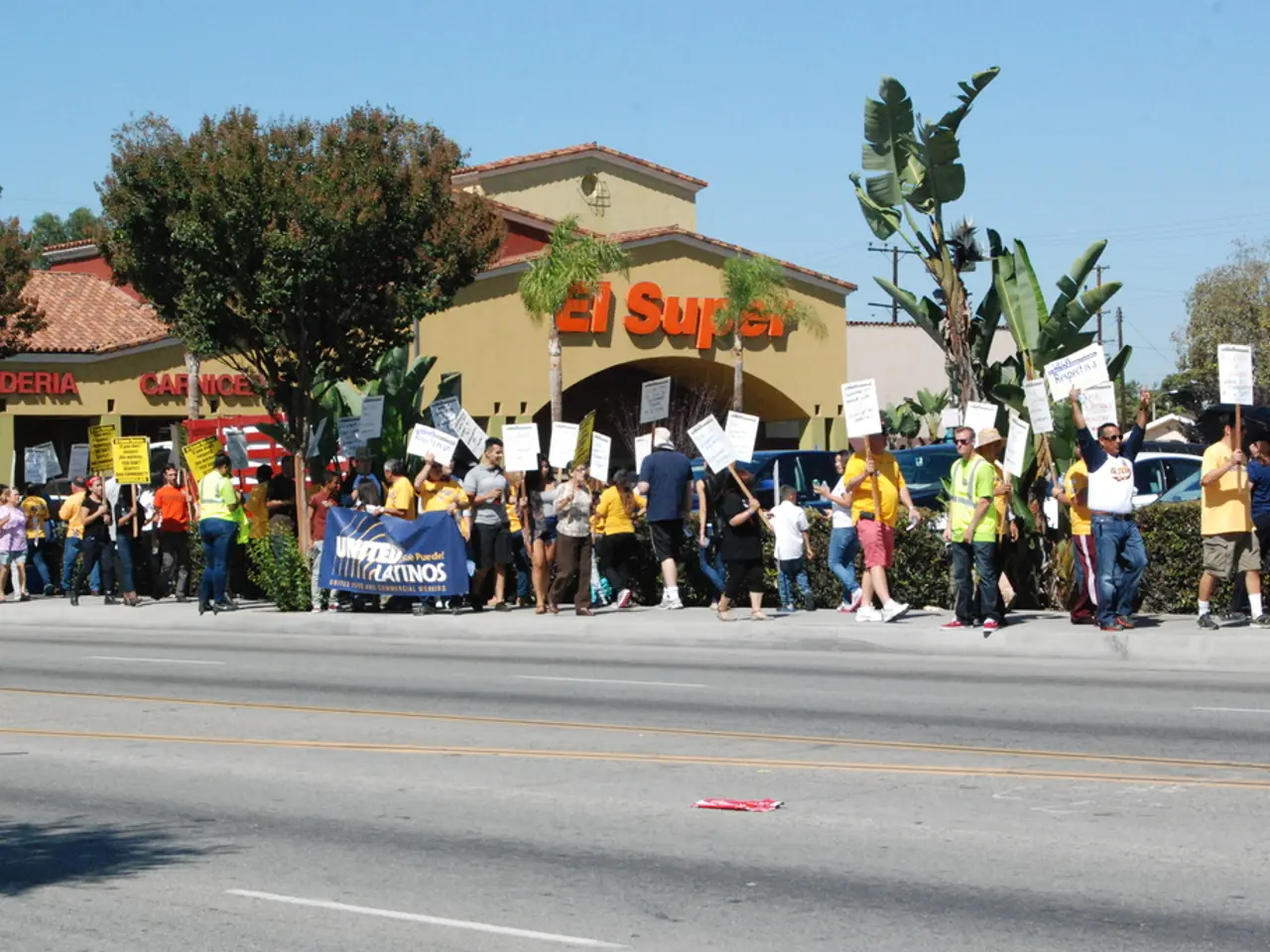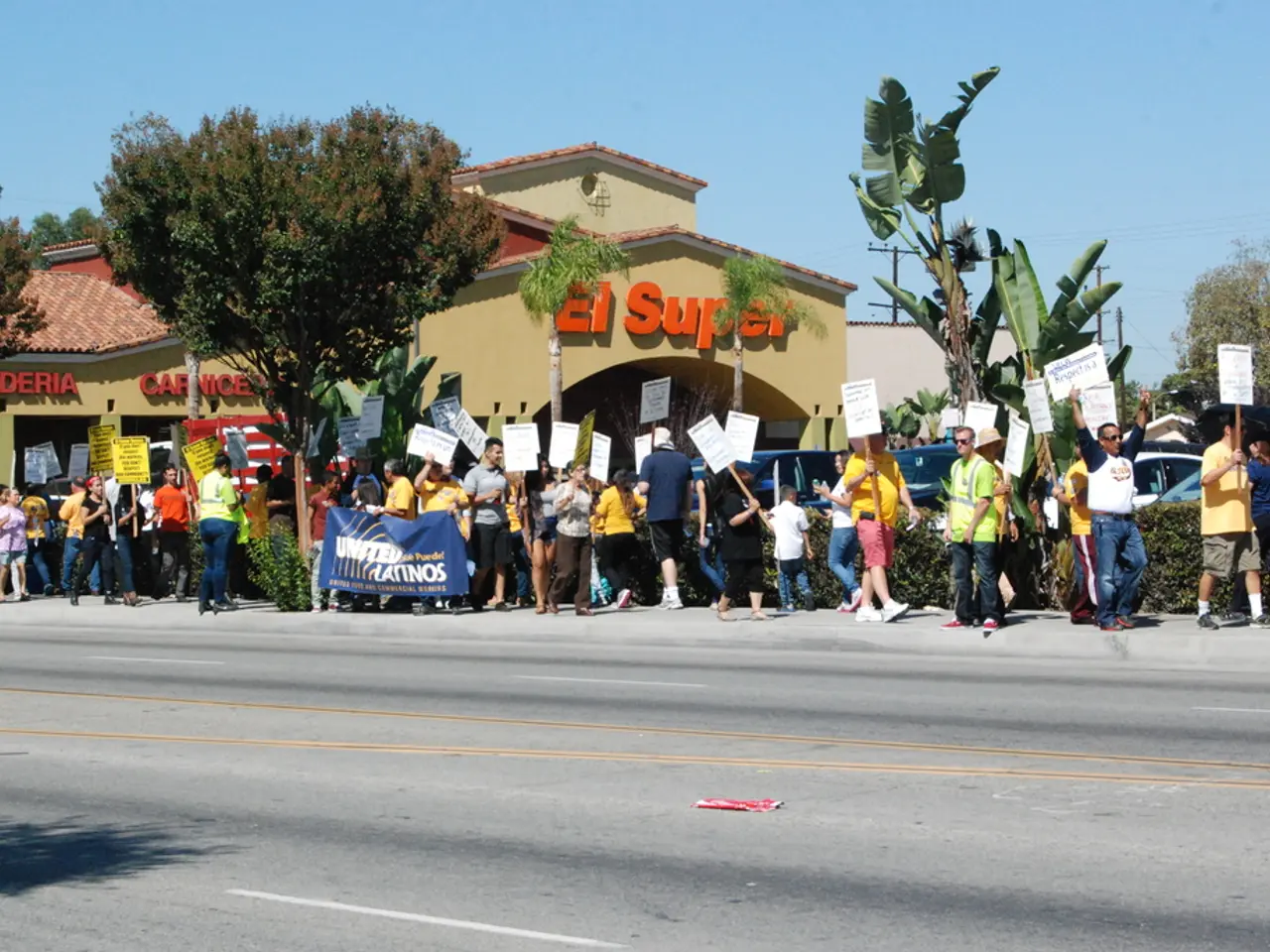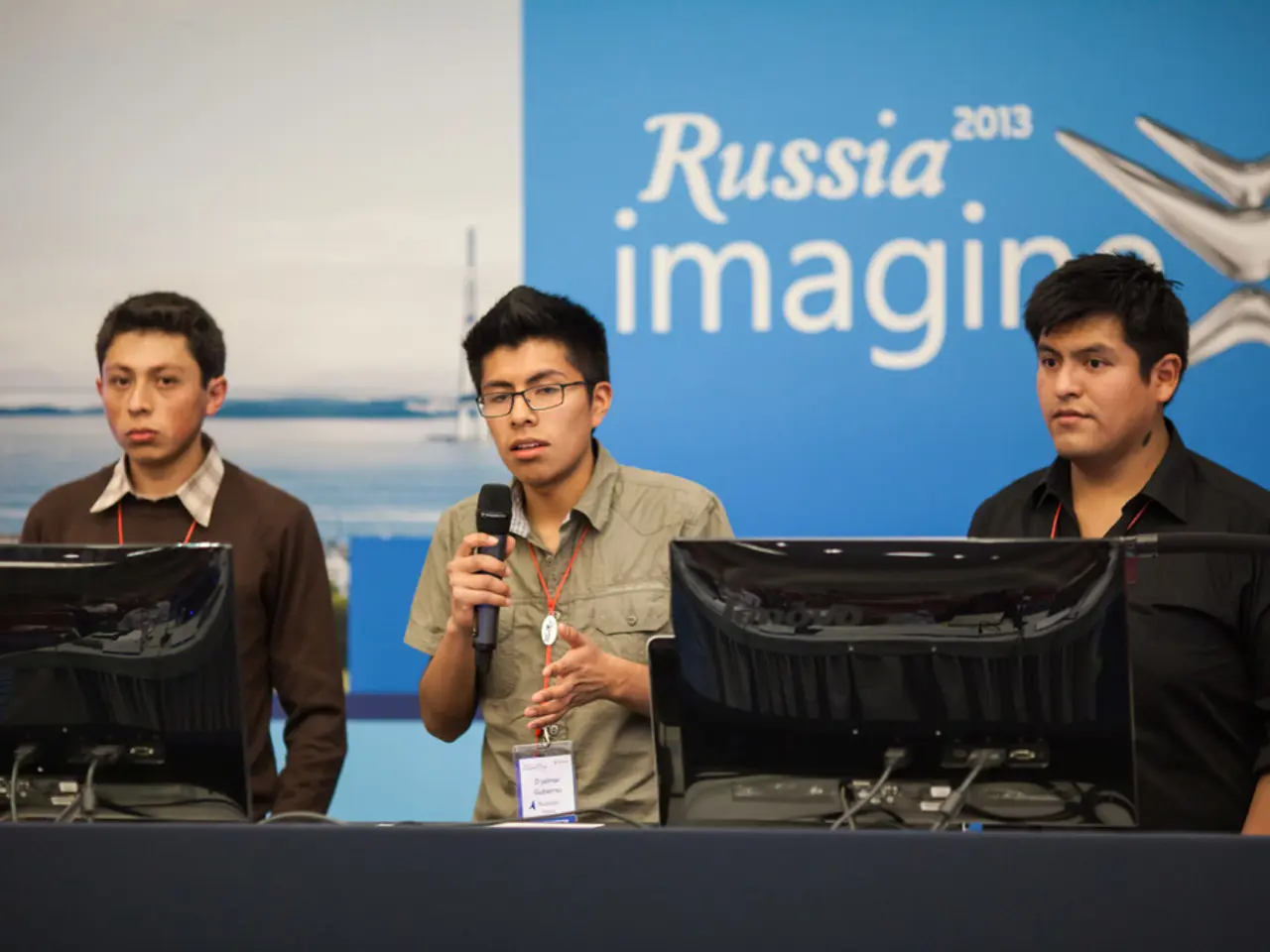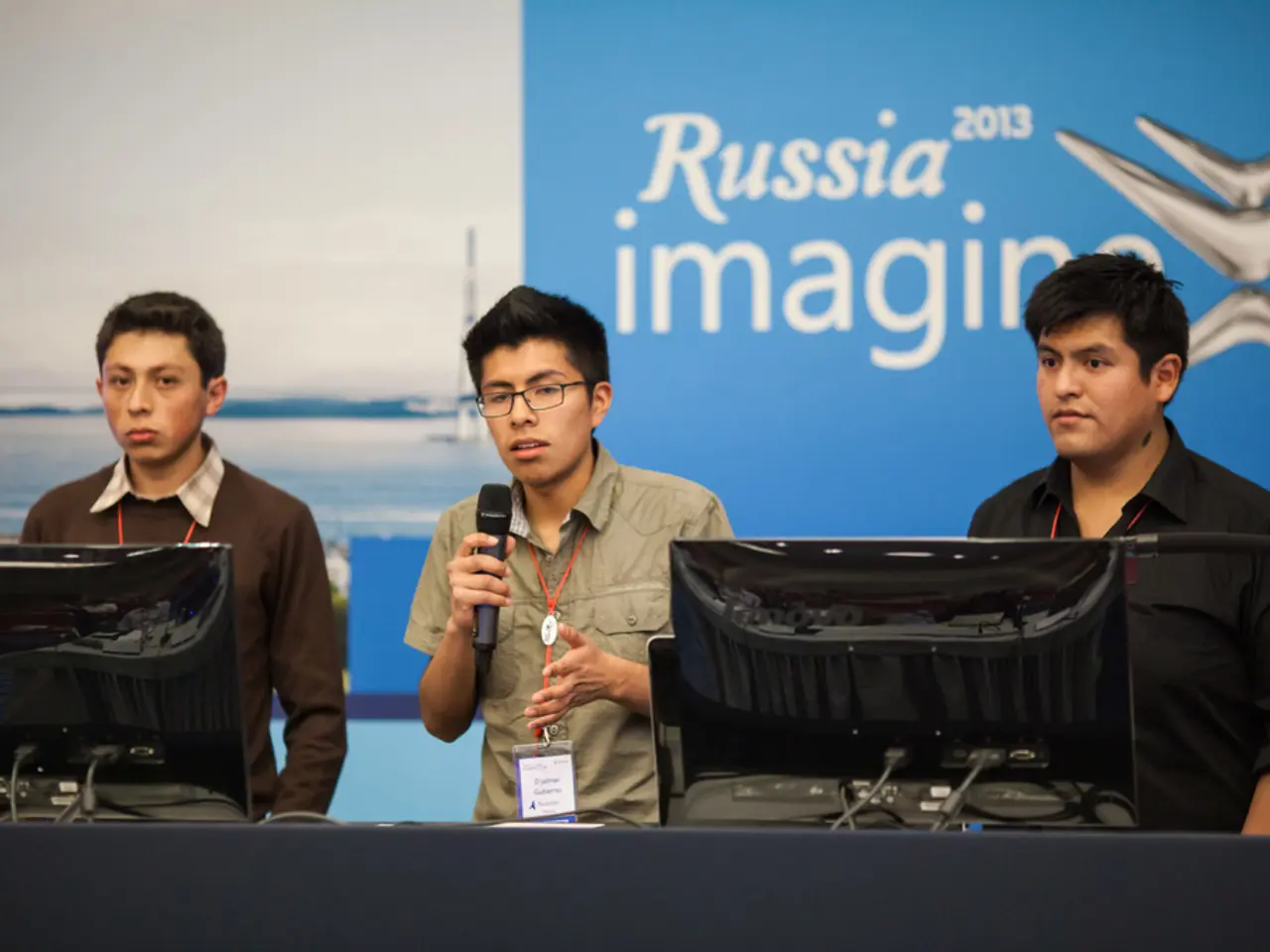Civil-Military Ties and the Democratic Future: The Role of Partisan Public Sentiment
=====================================================================================
The United States, a nation built on democratic principles, has long upheld the key tenets of civil-military relations. These principles, which include civilian control, obedience to lawful orders, military professionalism, and fidelity to the Constitution, have, however, faced significant challenges in recent decades.
Over the past two decades, the military's traditionally respected status remains high, but political polarization and the politicization of civil-military relations have increased markedly. This trend was particularly evident during the Trump administration, which adopted a confrontational stance and politicized civil-military ties. In contrast, the Biden administration sought to restore traditional norms, emphasizing military autonomy, professionalism, and a nonpartisan role within the framework of democratic governance.
The increasing centralization of government power during wartime, as noted by thinkers like De Tocqueville, poses risks to democratic freedoms and affects civil-military relations, often expanding civilian government prerogatives but also potentially endangering established checks and balances.
Americans have substantial confidence in their military, but this confidence does not necessarily translate into public support for democratic civil-military norms. The election of President Biden in 2021 saw a shift in public deference to the military, with Democrats becoming less deferential, while Republicans became only slightly more deferential due to partisan reasons.
The politicization of the military is one of the four dangers at the intersection of growing partisanship and civil-military relations. This politicization can erode the military's apolitical standing, undermine public trust in the military, and potentially lead to military intervention in domestic politics. Retired generals have regularly traded on their military credentials and embraced an active role in politics and punditry, further blurring the line between military and politics.
The veneration and vilification of senior military officers also harm the United States' capacity to design strategy and mobilize and apply military power. During America's longest war in Afghanistan, military leaders presented rosy prognoses in public that often went unchallenged. Politicians have often made the military into a political prop, and their recent turn to vilifying senior military leaders is equally dangerous.
Good policymaking rests on respect for, and critical engagement with, military officers' expertise when it comes to the use of force. However, the lack of public support for democratic civil-military norms is a concern, as it poses dangers for America's capacity to design strategy and mobilize and apply military power.
This article is part of a series called "Rethinking Civ-Mil," focusing on civil-military relations in the United States. It is crucial for leaders to push back against the culture of militarism in the United States, highlight proper civil-military relations in civics education, and encourage military leaders to resist pressure to erode the military's apolitical standing. By doing so, we can ensure that the United States continues to uphold its democratic principles and maintain a strong, effective military.
[1] Civil-Military Relations in the United States: Foundational Principles and Recent Challenges
[2] The Military and Democracy: A Conceptual Framework for Civil-Military Relations
[3] The Central Role of Civil-Military Relations in the Functioning of Democracies
- The Biden administration is seeking to restore traditional norms in civil-military relations, emphasizing military autonomy, professionalism, and a nonpartisan role within democratic governance.
- The politicization of the military can erode its apolitical standing, undermine public trust in the military, and potentially lead to military intervention in domestic politics.
- Good policymaking requires respect for, and critical engagement with, military officers' expertise when it comes to the use of force, but the lack of public support for democratic civil-military norms is a concern.
- It is crucial for leaders to encourage military leaders to resist pressure to erode the military's apolitical standing and push back against the culture of militarism in the United States.
- The article is part of a series called "Rethinking Civ-Mil," focusing on civil-military relations in the United States, and it highlights the importance of proper civil-military relations in civics education.








